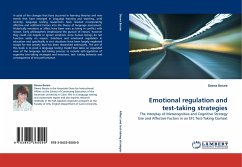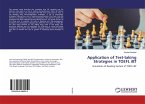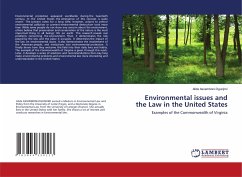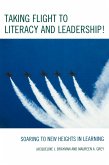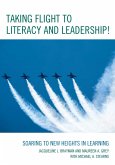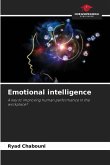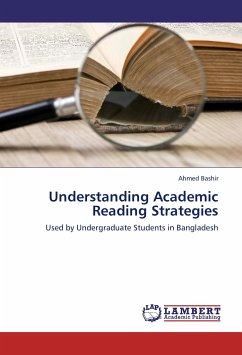In spite of the changes that have occurred in learning theories and new trends that have emerged in language learning and teaching, until recently, language testing researchers have resisted incorporating affective and volitional factors into the theory of language assessment. Historically emotions or affect have been seen as being in conflict with reason. Early philosophers emphasized the pursuit of reason, however they could not negate or ignore emotions since human beings do not function solely on reason. Emotions and emotional regulation in education and specifically in test situations have been largely neglected except for test anxiety that has been researched extensively. The aim of this book is to posit a language testing model that takes an expanded view of the language test-taking process to include self-regulation of cognitive test-taking strategies and emotions, test- taking behavior and consequences of test performance.
Bitte wählen Sie Ihr Anliegen aus.
Rechnungen
Retourenschein anfordern
Bestellstatus
Storno

